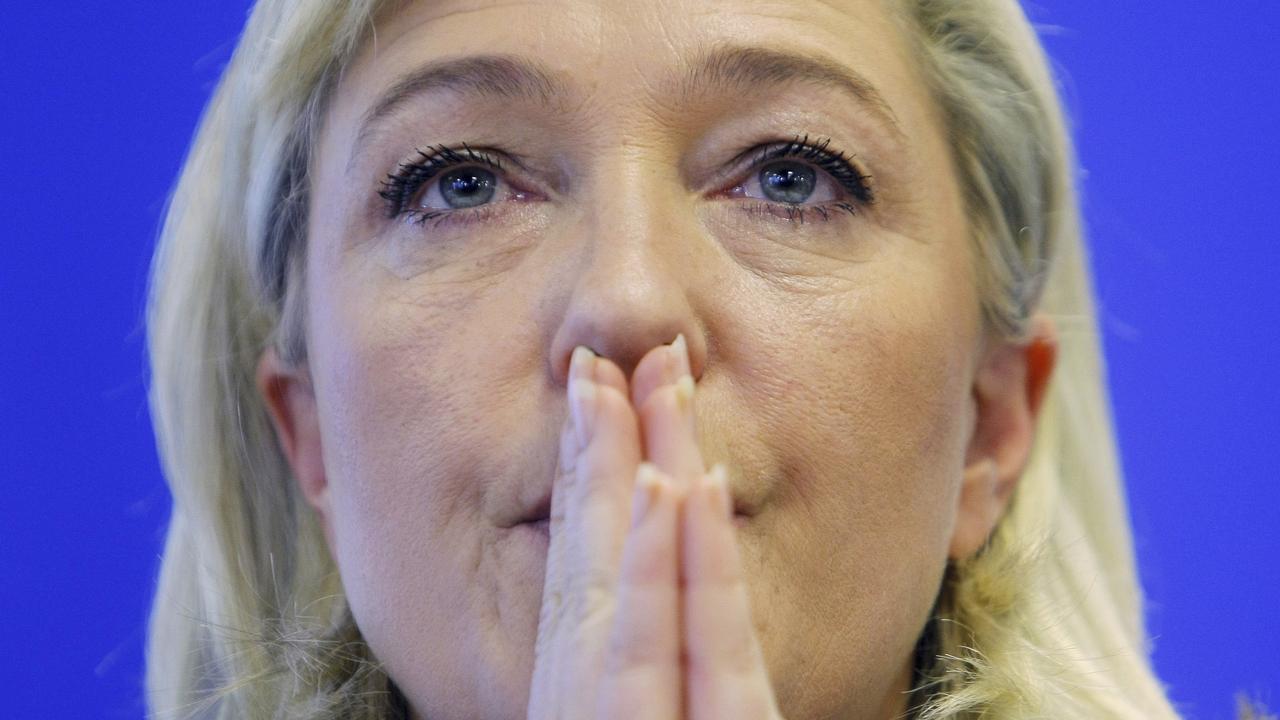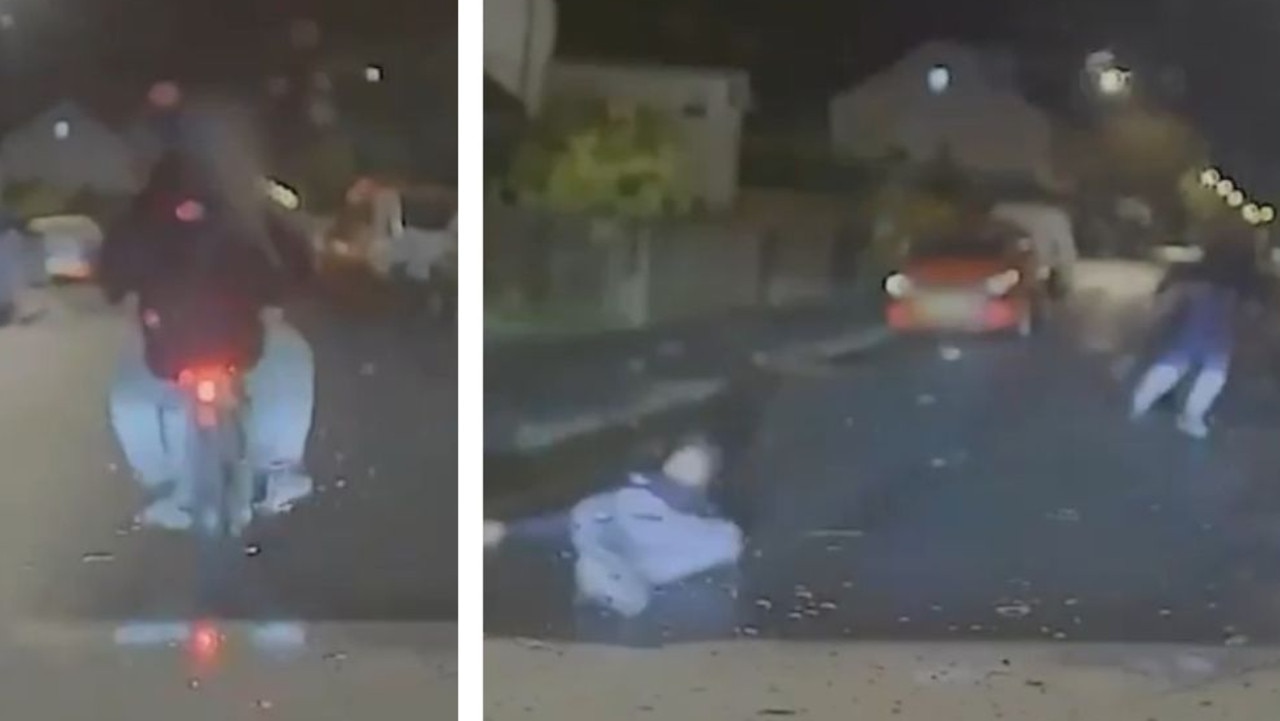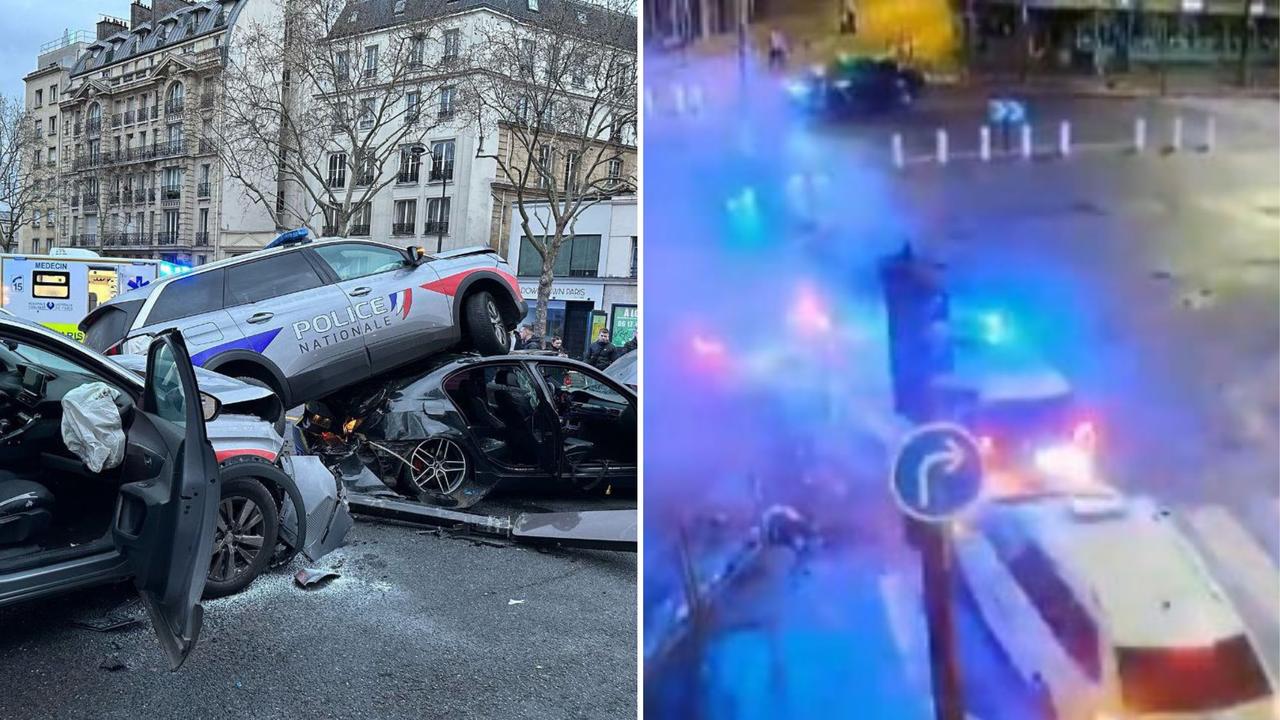Australia bans 110 Russian politicians as part of government’s response to war in Ukraine
Foreign Minister Marise Payne has handed down tough sanctions to a host of Russian politicians, citing the war in Ukraine.
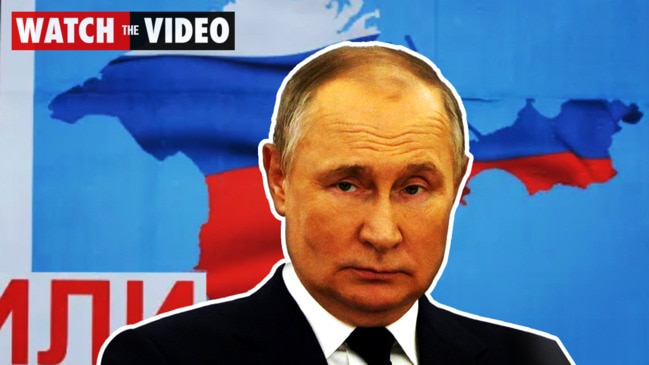
Australia has placed further sanctions on Russian politicians and affiliates, banning over 100 officials, including “puppet” figures in Ukraine’s separatist regions, from travel Down Under.
Foreign Minister Marise Payne says the sanctions and travel bans on the 110 individuals were part of the government’s response to Russia’s violation of Ukrainian sovereignty “through their assertion of governmental authority”.
Some of the 110-strong cohort were politicians who voted in favour of President Vladimir Putin to recognise the independence of the Donetsk and Luhansk regions.
The majority of the sanctioned group voted in favour of ratifying treaties with the regions.
“Australia reiterates our unwavering support for Ukraine‘s sovereignty and territorial integrity, and for the people of Ukraine,” Senator Payne said, specifically mentioning Russian politician Oleg Matveichev for the dissemination of propaganda.
“As a mouthpiece for President Putin, he even argued disingenuously for the payment of reparations for harm caused by Western sanctions and the war itself.”
Australia has now sanctioned 812 individuals in response to Russia’s invasion of Ukraine in February.
It came as Russian forces continued their push into eastern Ukraine, killing eight civilians in rocket attacks in Donetsk and Kharkiv, the regions’ governors said.
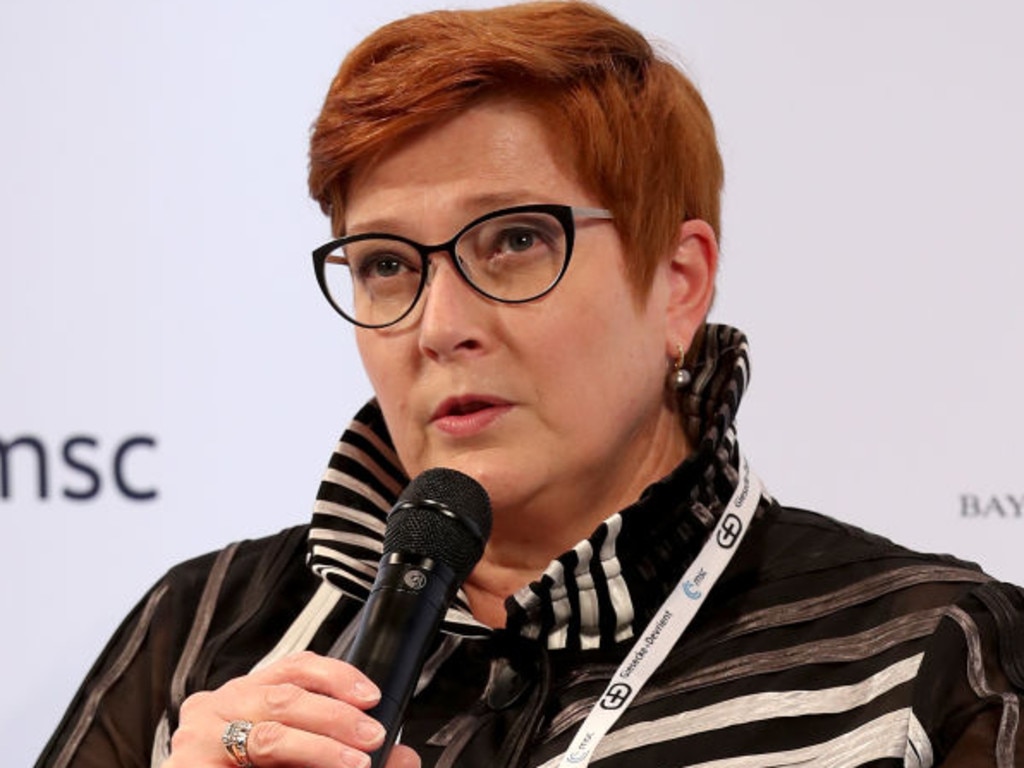
Moscow’s army has refocused on the east, notably the Donbas region, which includes Donetsk and Luhansk, after failing to take the capital Kyiv in the first few weeks of the war.
Forces also launched a major assault on the holdout Azovstal steel plant in the devastated port city of Mariupol while pounding sites across eastern Ukraine, as the European Union moves to punish Moscow with oil sanctions.
Fighting is particularly intense around Izyum, Lyman and Rubizhne, as the Russians prepare their attack on Severodonetsk, the last easterly city still held by Kyiv, Ukraine’s general staff said.
“The situation in the Luhansk region can be described in a few words — active and heavy fighting continues,” the defence ministry added.
The governor of Luhansk has said he expected more intense battles ahead of May 9, the day Russia celebrates the 1945 surrender of Nazi Germany to allied forces, including the then Soviet Union.
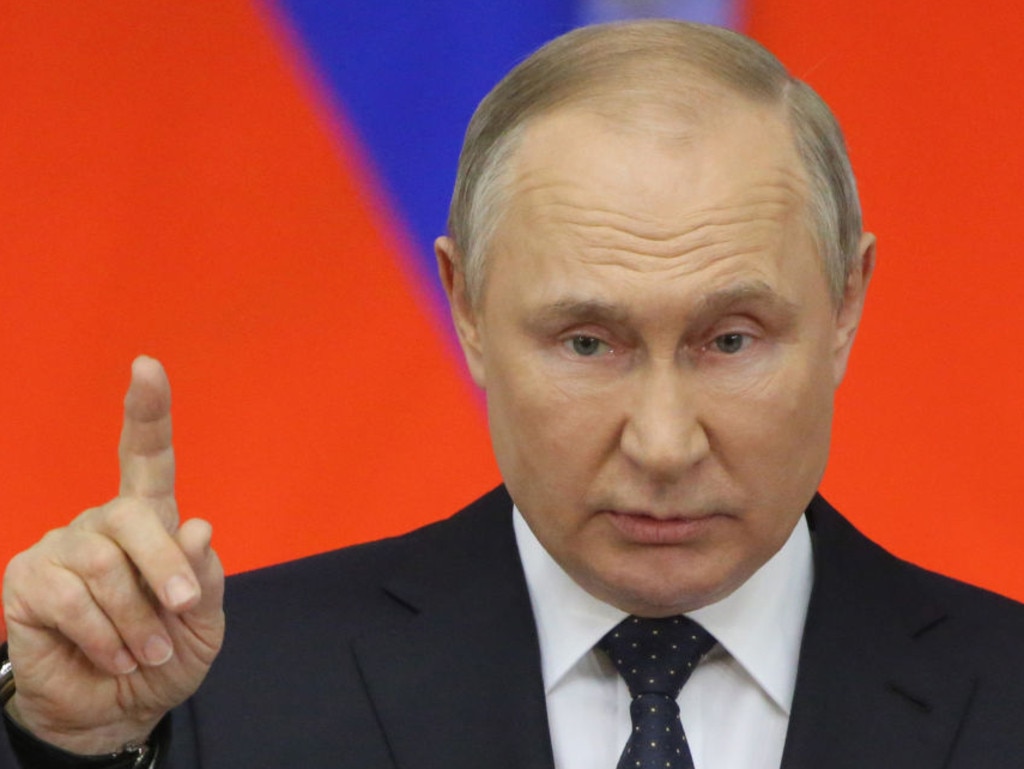
Ukrainian President Volodymyr Zelensky declared various cities have become targets for Russian missiles, like Chernihiv, where residents of a building destroyed have no choice but to stay in their apartments.
Meanwhile, British Prime Minister Boris Johnson has announced a further £300 million (A$528) in UK military aid to be sent to Ukraine.

